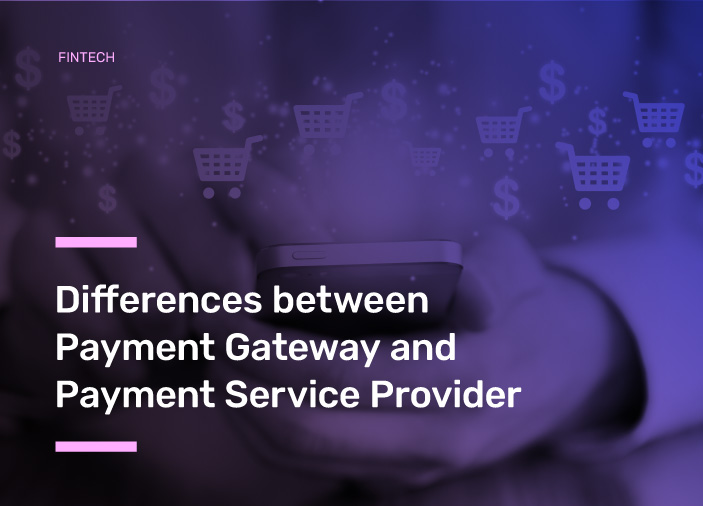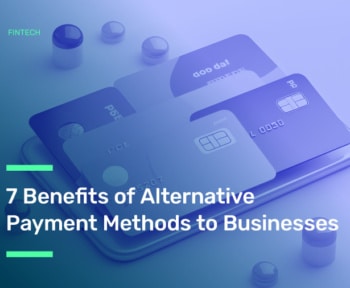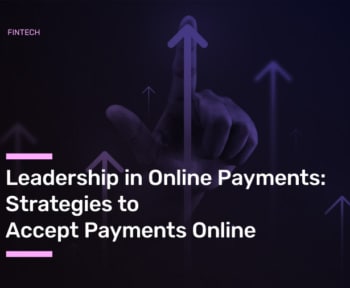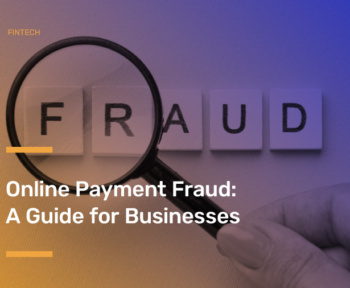
Table of Contents
- Payment Methods for Businesses to Use in Online Payments
- What Is a Payment Service Provider and How Does It Work?
- What is a Payment Gateway and How Does It Work?
- Which are the Most Preferred Payment Service Providers?
- Payment Gateway and Payment Service Provider Differences
Today, most businesses prefer to offer their customers various payment options and gain advantages in payment expenses in their online payment processes. Businesses that accept online payments have many options in this regard. These options include bank virtual POS terminals, payment service providers, or alternative payment methods. By using payment gateways, businesses can take their payment processes to the next level. In this article, we will define the concepts of payment gateways and payment service providers and answer, “What are the differences between a payment gateway and a payment service provider?”

Payment Methods for Businesses to Use in Online Payments
Let’s take a closer look at the various channels you can use for online payment processes while discussing the diversity of channels for accepting payments online:
Bank Virtual POSs
Bank virtual POSs are digital software systems banks develop that enable businesses to collect payments. Virtual POSs can be integrated into a business’s website, allowing users to shop and complete payment transactions.
Each bank has a different process for providing virtual POS for online payments. To use bank virtual POS terminals for online payments, you must complete separate commercial agreements with each bank.
Payment Service Provider
Payment service providers, frequently used by businesses engaged in online product or service sales, ensure that online payment transactions occur. In our country, these systems are regulated according to specific licenses, standards, and legal regulations.
The concept of payment service providers, or payment institutions, consolidates different bank virtual POS terminals under a single umbrella. In other words, a payment service provider makes agreements with banks on behalf of businesses, enabling them to access multiple bank virtual POS terminals simultaneously. To work with a payment institution, you must apply to the relevant organization and make a commercial agreement.
You can have agreements with bank POS and payment service providers for online payments. However, managing multiple payment methods can take time and be operationally challenging. To overcome this, you can use a payment gateway, which allows you to work and manage all bank virtual POS terminals and many payment institutions from a single panel. By routing payments through the most advantageous virtual POS, you can reduce payment expenses and gain a competitive advantage.

Alternative Payment Methods
Alternative payment methods refer to non-traditional payment methods other than credit cards, debit cards, or prepaid cards. Alternative payment methods include e-money, e-wallets, meal vouchers, transportation cards, and more. Examples of commonly used alternative payment methods in Turkey include Papara, GarantiPay, Sodexo, and Edenred.
For more detailed information on the payment methods you can use for your online payments, please read our article.
What Is a Payment Service Provider and How Does It Work?
Payment service providers (PSPs) are the systems that facilitate the collection of payments and the completion of collection processes through financial institutions.
The starting point of the payment service provider concept is to bring together various bank virtual POSs under a single organization. These systems have already made agreements with banks on your behalf. Therefore, you only need to pay a commission to the relevant organization.
Payment service providers enable businesses to connect to bank virtual POS terminals and ensure the payment process follows their designated routing rules. The working principle of payment service providers is based on matching the buyer’s card information with the seller’s information for the products and services purchased.
What is a Payment Gateway and How Does It Work?
A payment gateway, also known as a payment gateway, is a system that allows you to manage all of your business’s online payment processes from a single center. Payment gateways enable a company to manage all the options mentioned for receiving online payments through a single panel. It also allows them to easily integrate with bank virtual POS and payment service provider systems.
A payment gateway is not a payment service provider. Therefore, they do not issue virtual POS. These systems are the gateway for businesses to the organizations (banks, payment/e-money institutions, etc.) where the payment occurs.
You can find more detailed information about payment gateways, their usage areas, and their advantages here.
Which are the Most Preferred Payment Service Providers?
As we mentioned before, there are many options you can use in your online payment processes. For your business to receive online payments, you can apply to banks for a virtual POS, or you can apply to payment service providers. It is important to remember that the agreement processes and conditions of each organization are different from each other.

Payment Gateway and Payment Service Provider Differences
The concepts of payment gateway and payment service provider are entirely different in nature and function.
Payment gateways do not issue virtual POS and do not collect/send money. Payment gateways are businesses’ gateways to different payment methods, payment institutions, and virtual POS. In other words, payment gateways give companies financial freedom with a single integration. Your online payments pass through the payment gateway and into your business account. A payment service provider is a system that collects and sends money.
These systems allow you to manage all your payment processes most efficiently through a single panel, depending on their technological infrastructure.
Businesses can quickly realize technical integrations of bank virtual POS, payment service providers, or alternative payment methods using a payment gateway. The point to be noted here is that the integration in question is technical. Therefore, to include a bank or payment service provider in your system through the payment gateway, you must have a commercial agreement with the relevant payment method.
Payment gateways can also offer additional services to businesses. For example, Craftgate offers 21 different solutions that allow merchants to continue accepting payments 24/7, even in case of virtual POS downtime, preventing them from experiencing a loss in turnover in such situations. Craftgate also helps member businesses reduce payment expenses by ensuring that payments go through the most advantageous virtual POS terminal.
You can check out Craftgate’s payment gateway and our value-added services here.
You can also send your questions to info@craftgate.io for more detailed information.






